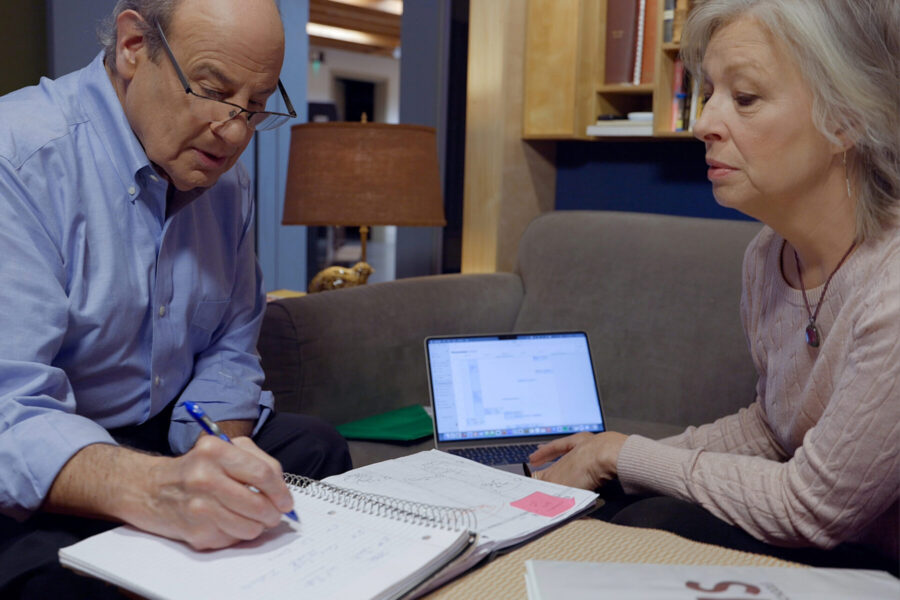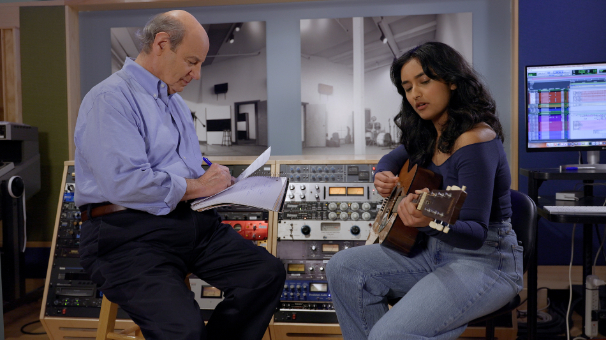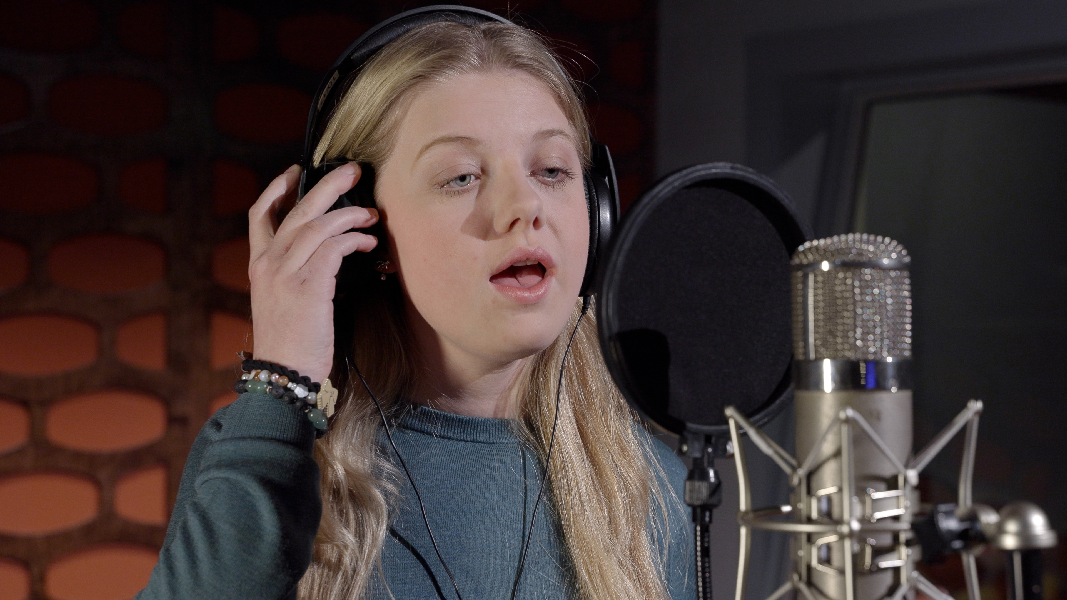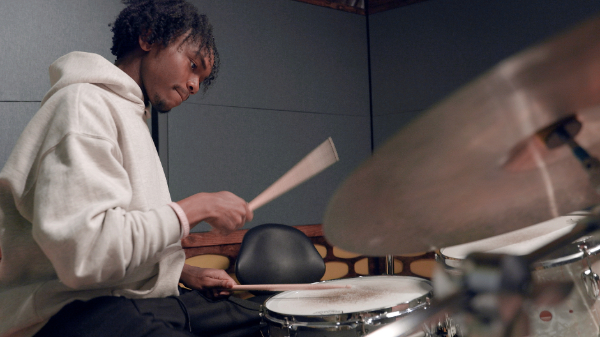Our History & Philosophy
The Origin of Inside Music Schools

HOW IMS BEGAN
Steve Lipman's Story
READ MORE

MUSICAL STUDY
Today, Inside Music Schools helps students interested in four main areas of study:
- Classical music (instrumental, vocal, composing)
- Contemporary/popular music (performance, composing/songwriting, & more)
- Musical theater
- Music technology (audio recording, production, engineering)

WHAT TO EXPECT
Blooming in the right environment
Every student aspiring to a music career deserves the chance to develop their talents and pursue their passion. Our experience at IMS has shown that some students are late bloomers. Once put into the right environment, there’s no accounting for a student’s motivation. Many students enter college with average raw musical talent but work so hard that they graduate at the top of the class as fantastic musicians on the brink of bright careers in music.
There’s an array of colleges teaching music, ranging from top music schools, to those in the middle tier, to others with lesser-known programs. Together, we can identify the right choice for every level, from beginner to advanced levels of proficiency.
Once we hear a student perform, with the help of specialized, renowned faculty members of the IMS network, we’ll pinpoint the musical abilities, skills, and knowledge each student needs to improve upon. With enough time together and hard work, we will put them in a position to be admitted to the school of their choice.

Specialized Knowledge
What sets IMS apart
High school guidance counselors rarely possess a deep understanding of higher education in the arts. They do a great job with college-bound students who want to pursue liberal arts, science, or business studies. But if a student is seriously interested in music, dance, acting, or musical theater, it’s a different story. It’s doubtful they will understand the student’s abilities, know which college programs might offer good options, and then match her with a school that can train that student properly for the career she wants.
The same challenge exists when working with a general college admissions advisor. Many independent college advisors know a lot about the Common Application, SATs, and essays. But they don’t possess the insight and experience to advise students and families when it comes to studying music in college. Inside Music Schools possesses deep, specialized knowledge in all aspects of music education and professional music career paths.
We at Inside Music Schools have worked in higher education for many years and as independent consultants for over a decade. We have developed a vast, unmatched network of university administrators, college faculty, private instructors, professional studio and touring musicians, musical theater performers, producers and studio engineers, and music business executives.
Leveraging this network on behalf of Inside Music Schools clients is a benefit not available anywhere else. For many parents, working with Inside Music Schools is like a secret weapon – the critical advantage that improves the chances of their son or daughter achieving their educational goals.
We approach each music student individually at Inside Music Schools. Consulting with a classical performer is very different from advising a contemporary pop or jazz performer and requires an entirely different approach and set of activities to prepare for admission. The same goes for musical theater students, who need to sing, dance, and act for their auditions as well as prepare a pre-screening video. Music production students must present a portfolio of their work for admissions consideration, and a composition student needs to share three or four pieces of music he has written. The headline here is that each student is unique, and each consulting program needs to be specifically tailored to match a student’s particular background, needs, and aspirations.

